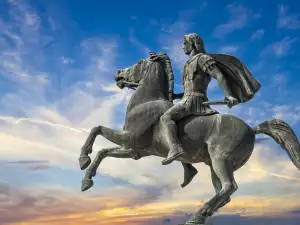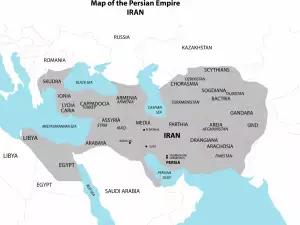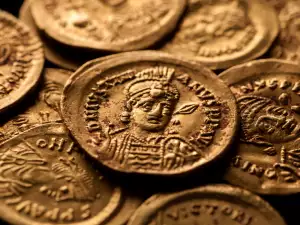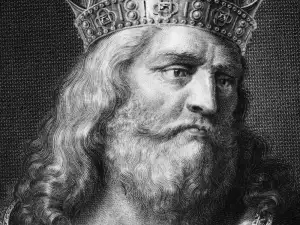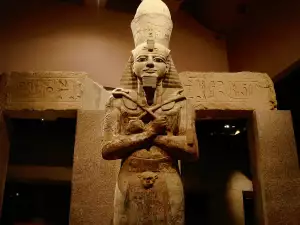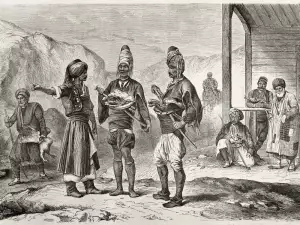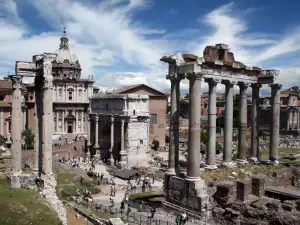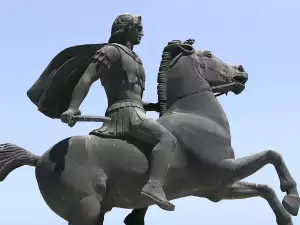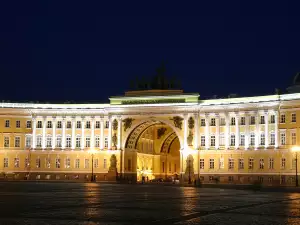Historians believe that in Persia, human life existed from around 6000 BC and that many communities inhabited the Eastern mountain region of Zagros. There is historical evidence to show that people lived during the prehistoric era in this Persian region rearing animals and cultivating barely and wheat.
The term "Persian Empire" refers to the various dynasties that ruled Persia. Cyrus II, known as Cyrus the Great, founder of the Persian empire is similar to which we see today. Dynasty of Cyrus lasted 200 years, and flourished during the reign of Darius I.
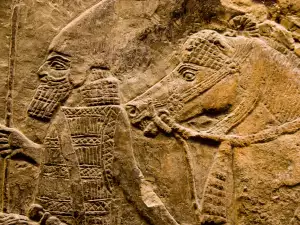
Persian Empire is the ancient name of Iran and comes from the Greek word "Persis". Till 1935 European historians call the entire country of Iran, the Persian Empire.
Before the era of the Persian Empire
The first settlers in Persia were the Medes and the Persians. They were nomadic Aryan tribes that migrated to Iran from Central Asia between 1500 BC and 800 PR.HR. In the year 1000 BC prophet Zoroaster introduces a concept of good and evil and the need for force.
The people of ancient Persia practiced religion called Zoroastrianism. Concepts of the Zoroastrianism religion were later entered in other religions such as Islam, Christianity and Judaism.
Cyrus who founded the Persian empire ruled for 2 centuries, as late it was invaded by the Greeks and finally fell into the hands of the Arab rulers.
Persian Empire - Cyrus the Great
Evidence of a strong and powerful empire point to Cyrus the Great. The Persian empire was established under the leadership skills of Cyrus, who conquered neighboring lands and territories. Cyrus was a strong ruler, known for his strong leadership skills and military tactics, he was not only tolerant but respected culture, traditions, the Persians and the Medes.
With its strong army, he conquered Anatolia and eastern regions. Cyrus the Great was known among the nations who revered their language and were allowed to practice their religion. Cyrus has also proclaimed the Charter of human rights. "
Cyrus the Great continued the expansion of the Persian Empire, defeating the King of Lydia (modern Turkey) in 546 PR.HR and conquering the Babylonian Empire (modern Iraq) in 539 BC Until his death in 530 pr.Hr. Cyrus the great achieved successes over many kingdoms in Central Asia. He died during a campaign in Asia and was buried in a stone temple in Pasargada.
After the death of Cyrus the Great the Persian Empire fell into chaos until the emergence of Darius I and, thanks to the strong foundations left by Cyrus, found it easier to succeed in reviving the Empire. He divided it into several provinces and appointed for each of them a local ruler, who collected the taxes and fees. Management of Darius is known as a golden period in the history of the Persian Empire.

